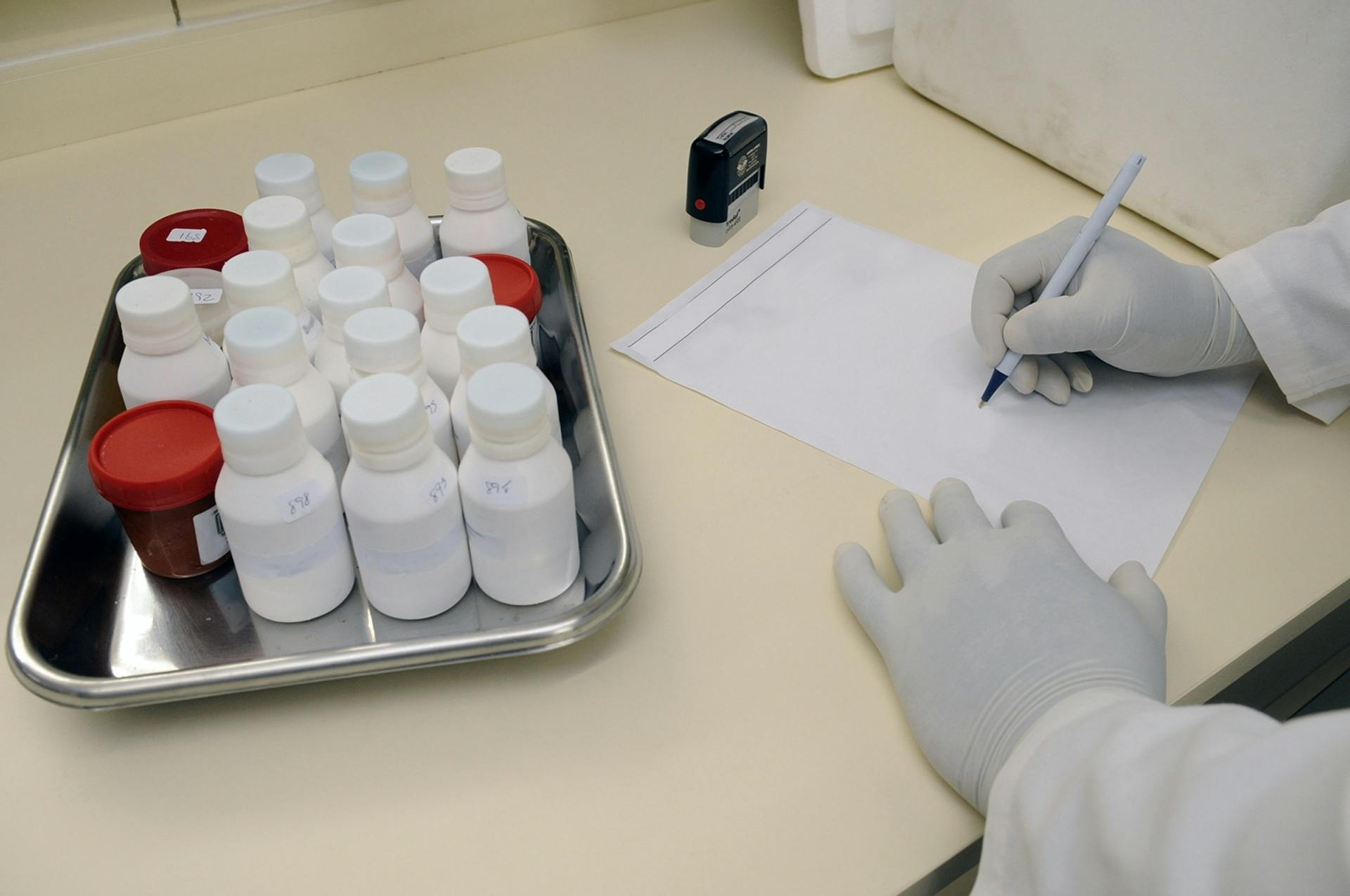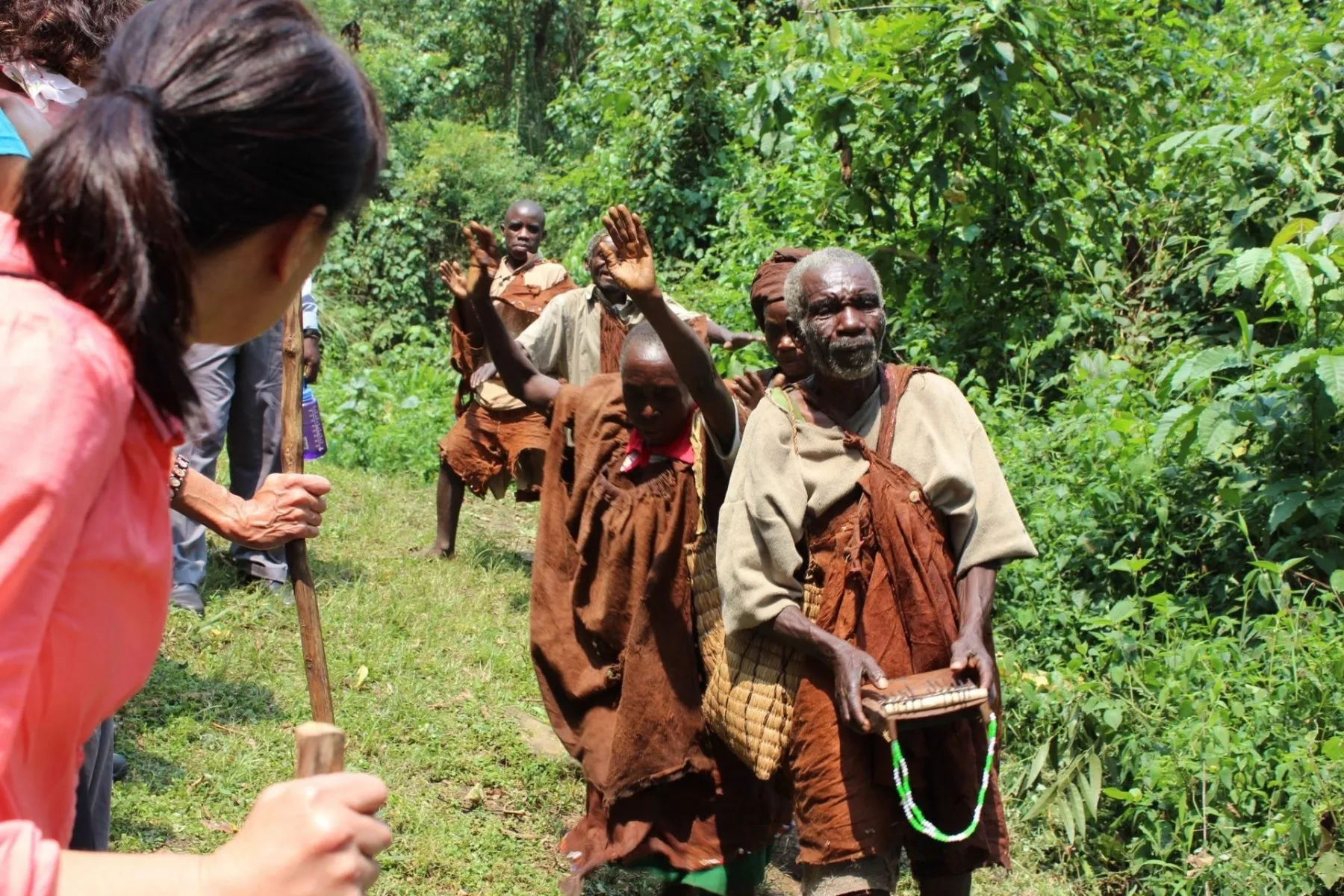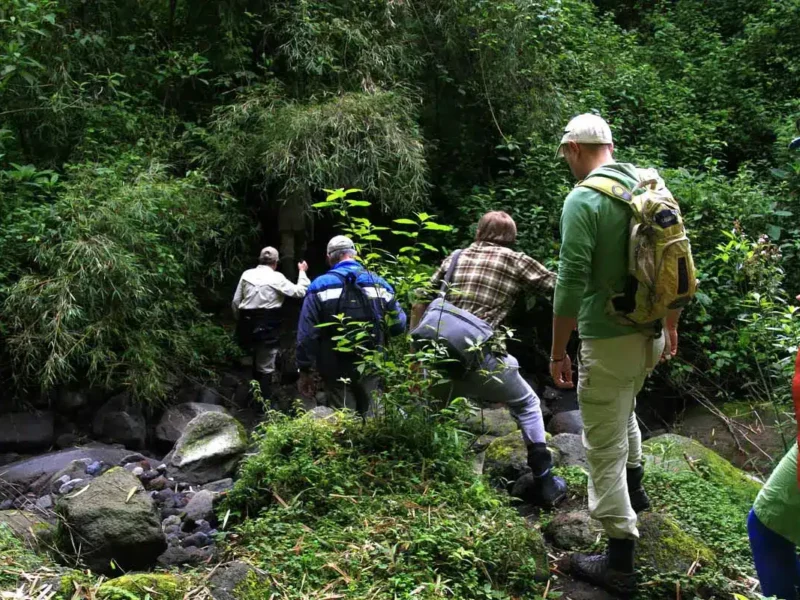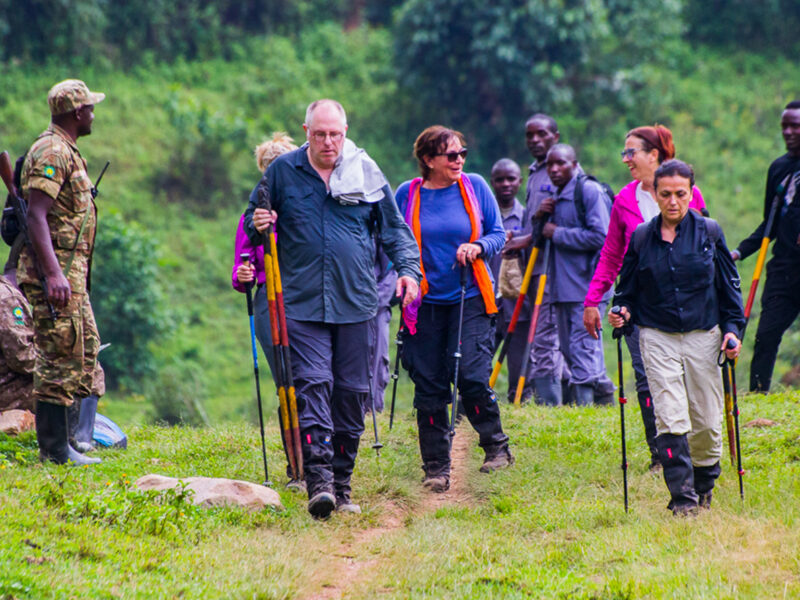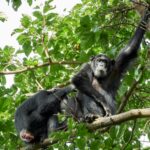
Chimpanzee Trekking in Uganda
August 2, 2025
What Makes an Animal a Primate?
August 6, 2025Is There Quality Health Care in Uganda or Africa?
Is there quality health care in Uganda or Africa? This is one of the most common questions asked by travelers planning a Uganda wildlife tour or preparing for Uganda gorilla trekking expeditions.
The answer is a confident yes. Uganda, located in the heart of East Africa, is not only known for its stunning wildlife, lush rainforests, and captivating cultural tours but also for its developing infrastructure, including a growing and improving health care system.
Many visitors are pleasantly surprised by the level of care available, especially in urban centers like Kampala, the capital city. Uganda has both public and private health facilities, with international hospitals offering world-class care for both locals and international visitors.
In fact, part of Uganda’s appeal as a premium Africa tourism destination lies in the balance it strikes between immersive, authentic wildlife and cultural experiences and reassuring travel safety, including access to medical care.
When considering a Uganda safari holiday, whether it involves game drives tours in Queen Elizabeth National Park, chimpanzee tracking in Kibale Forest, or birding tours in Mabamba Swamp, it’s important to understand that the country has systems in place to cater to health-related emergencies.
From well-trained safari guides certified in first aid to established health centers near national parks, Uganda is indeed a safe and secure destination for travelers from across the world.
What If Something Happens During Your Safari?
Is there quality health care in Uganda or Africa for travelers during wildlife excursions or safaris? This is a very relevant concern especially for tourists participating in high-adventure activities such as Uganda gorilla trekking or game drives tours through lion country.
Fortunately, Uganda’s tourism ecosystem has evolved to address these concerns professionally. Safari operators like Ngeye Uganda Tours prioritize safety in all trip planning.
Our guides undergo extensive training in first aid and emergency response. In the rare case that something goes wrong whether it’s a minor illness, insect bite, dehydration, or a more serious injury immediate steps are taken to get you to a health center or hospital.
The question arises: What if something happens during a safari in Uganda? Our response is simple but reassuring. Safari guides are not just wildlife experts; they are also trained to assess and respond to health emergencies.
Vehicles are equipped with first aid kits, and contact is maintained with nearby lodges, health centers, and helicopter evacuation services if needed.
Uganda wildlife tours are mostly conducted in or near protected areas that are not completely cut off from human development.
For instance, in Queen Elizabeth National Park, it’s common to see locals on foot or riding boda bodas (motorcycles) alongside elephants and lions. This co-existence means that even in wildlife zones, you’re never too far from help.
Moreover, in partnership with health organizations and Uganda Wildlife Authority, many parks have nearby health posts or mobile clinics that serve both local communities and tourists. These health centers are usually staffed by clinical officers or nurses capable of providing basic to moderate care.
So, is there quality health care in Uganda or Africa during a safari? Yes, especially with responsible tour companies and established protocols in place. With expert support and trained guides, your Uganda safari holiday remains a safe and fulfilling adventure.
How Far Are Health Centers from Uganda’s National Parks? Accessibility for Tourists
One of the most important considerations for tourists is proximity to medical facilities. So, how far are health centers from Uganda’s national parks, and does this affect your safety while on tour? In reality, most national parks in Uganda are within reasonable distance from health care facilities contrary to the belief that safaris mean being completely isolated from civilization.
Take Queen Elizabeth National Park as an example. This famous Uganda safari destination is surrounded by local communities. Schools, markets, churches, and yes health centers are all within or near park boundaries.
Even in Bwindi Impenetrable Forest, where Uganda gorilla trekking takes place, there are health clinics in towns like Buhoma, Ruhija, and Rushaga. These clinics are supported by both government and NGO-led health programs, ensuring timely care.
If you’re planning to visit Murchison Falls National Park or Kidepo Valley National Park, our Uganda tours are designed with logistics in mind. In these more remote areas, tour operators make arrangements in advance, and guides maintain communication with medical service providers.
Whether it’s the Karamoja region or the southern savannahs, Uganda’s health infrastructure is increasingly connected through mobile health technology and reliable transport systems.
Uganda safaris are well-managed, with emergency response plans built into every itinerary. Tourists are never left in the dark, and the comfort of knowing that health centers are accessible even in remote areas adds another layer of confidence when booking Uganda experiential safari experiences.
So, is there quality health care in Uganda or Africa in rural tourism zones? The answer is yes, and this accessibility supports Uganda’s reputation as a premium and safe Africa tourism destination.
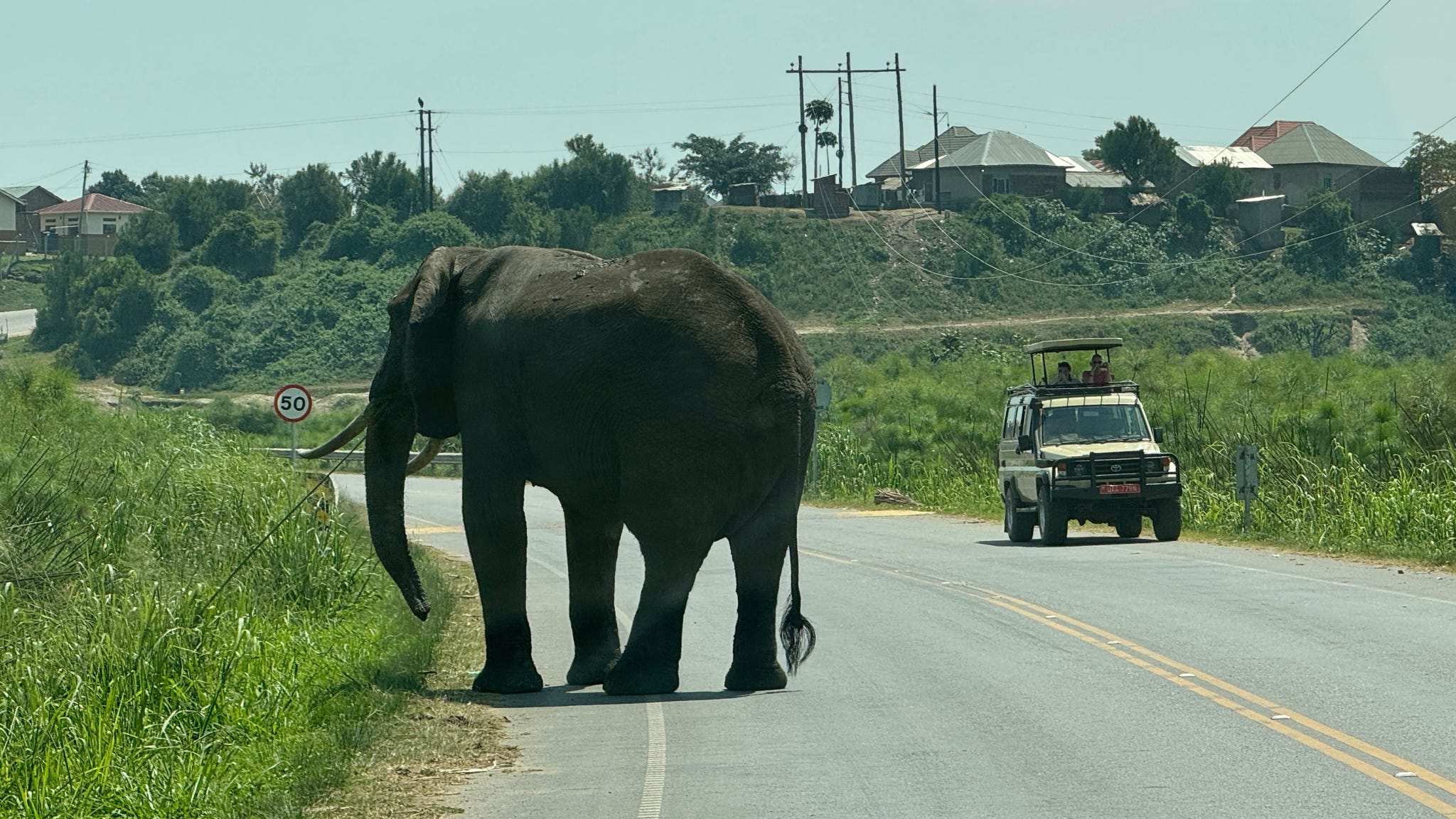
Queen Elizabeth National Park is Well Known for it’s Healthy Human And Wildlife Eco-existence | Insight is a small Town with a Health Centre.
Combining Uganda Gorilla Trekking with Chimpanzee Tracking Is It Safe and Worthwhile?
Many tourists dream of combining Uganda gorilla trekking with chimpanzee tracking to create a truly immersive wildlife adventure. But an important question remains: Is there quality health care in Uganda or Africa to support such multi-location safari experiences? The answer is again a reassuring yes.
This iconic combination available through Uganda experiential safari packages takes you from the ancient forests of Bwindi to the lush jungles of Kibale or Budongo.
These treks are guided by professional rangers and operated by licensed tour companies like Ngeye Uganda Tours. All tours are designed with safety, accessibility, and traveler well-being in mind.
At each stop, travelers have access to health services either at nearby towns or within the parks themselves. For example, Kibale Forest National Park is located near Fort Portal, which is home to several hospitals and private clinics.
Bwindi’s trekking centers are also close to medical centers supported by local and international health NGOs. Guides maintain communication with these centers and can arrange for assistance when needed.
Combining Uganda gorilla trekking with chimpanzee tracking is not only safe but deeply rewarding. You’ll witness incredible biodiversity, interact with local cultures through cultural tours, and enjoy game drives tours in places like Queen Elizabeth or Lake Mburo National Parks.
Why Uganda Is a Safe and Trusted Destination for Global Travelers
Safety is the cornerstone of any successful tourism industry, and Uganda continues to rise as one of Africa’s most secure and welcoming destinations. But let’s revisit our question: Is there quality health care in Uganda or Africa to support this growth in tourism? Uganda’s answer is clear yes, and improving every year.
With political stability, supportive government policies, and increasing investment in both tourism and health, Uganda has become a shining example of how African nations can offer premium, safe experiences for global travelers.
Uganda tours cater to a wide audience from adventure-seekers looking to explore gorilla and chimpanzee habitats, to birding enthusiasts tracking shoebills in Mabamba, to cultural explorers engaging with Batwa communities on heritage trails.
Modern safari lodges are equipped with medical supplies and communication systems. Tour guides receive emergency training, and even airlines operating regional routes provide medical information and assistance.
So, is there quality health care in Uganda or Africa? The resounding answer is yes. And Uganda, with its unique blend of wildlife, wellness, and warm hospitality, stands as a top contender for your next Africa travel destination.
Plan Your Safari with Peace of Mind
Whether you’re dreaming of Uganda wildlife tours, embarking on Uganda gorilla trekking, or planning a rich itinerary with birding tours and cultural experiences, you can do so confidently.
With support from trained guides, proximity to health centers, and increasingly international-standard hospitals, Uganda has proven its capacity to offer not just memorable safari holidays but safe, secure, and responsible ones.
Plan your Uganda experiential safari with Ngeye Uganda Tours and experience Africa with peace of mind and professional care



